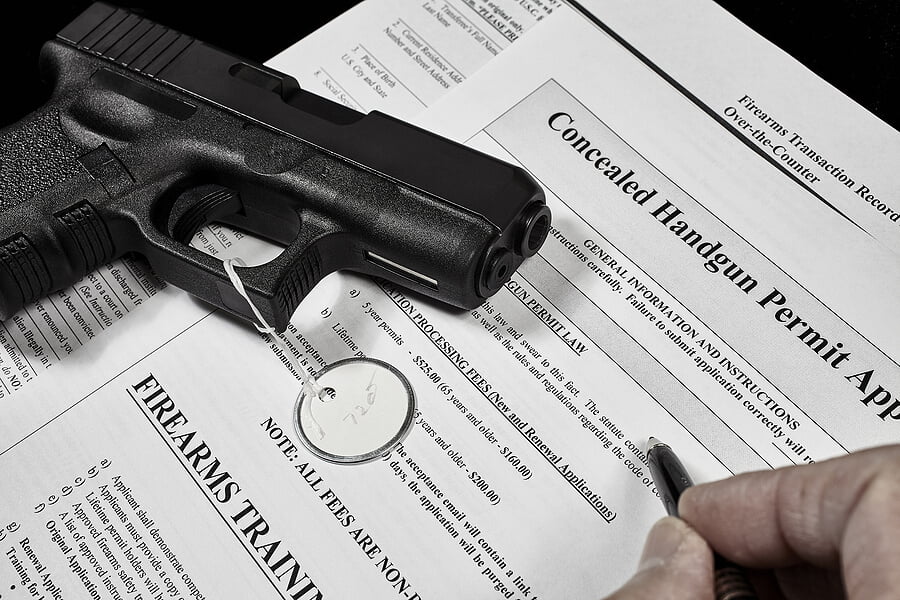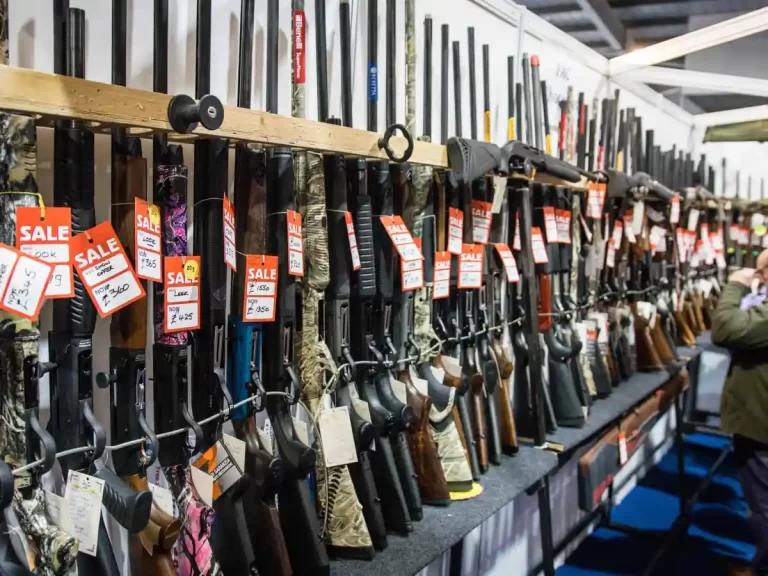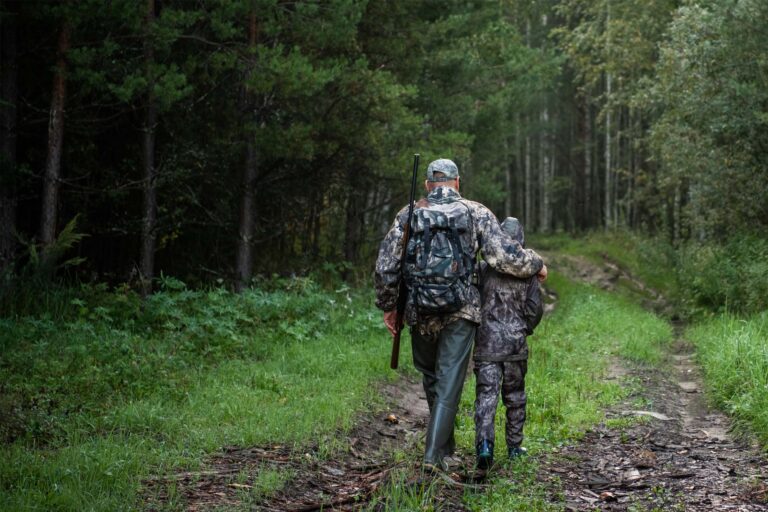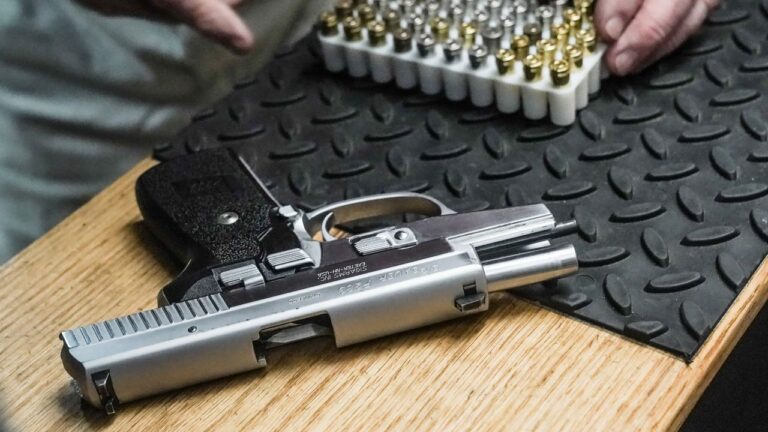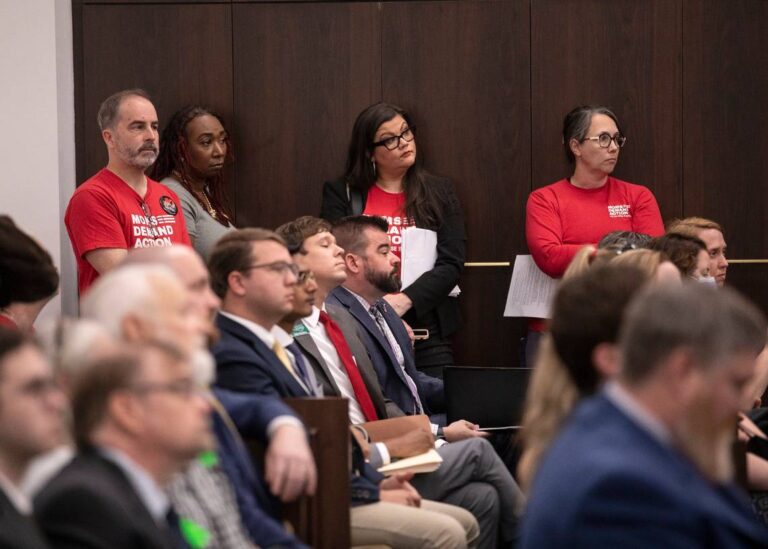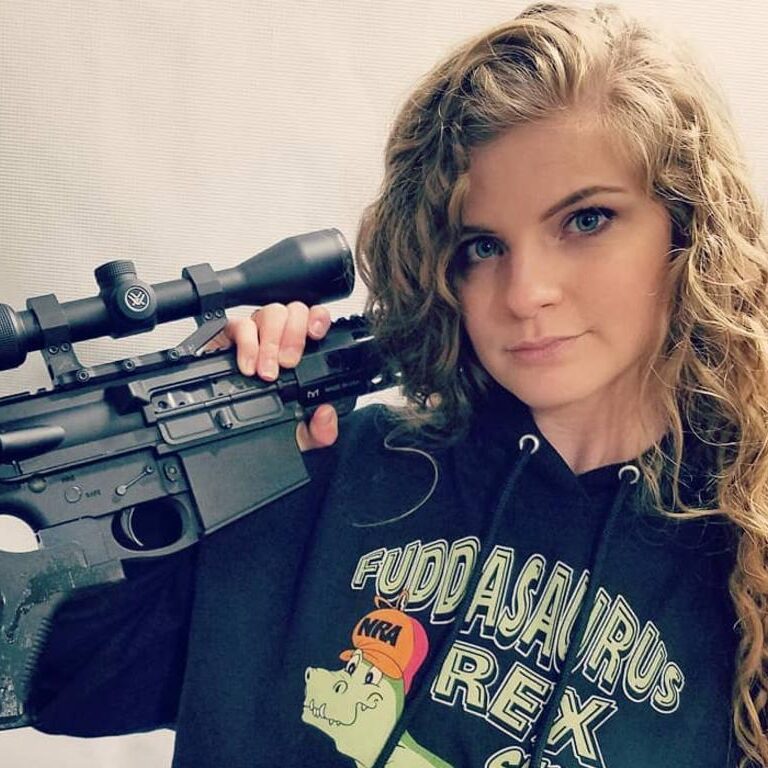North Carolina Concealed Carry Weapon (CCW)
North Carolina has a shall-issue policy for firearms and concealed carry permits, making it relatively straightforward for eligible residents to obtain a CCW permit. If you meet all the requirements outlined in the state’s laws, you can acquire a concealed carry license issued by the local county sheriff’s office.
In this article, we will delve into North Carolina’s gun laws, covering topics such as concealed carry, reciprocity, location restrictions, and permit requirements. Whether you are a North Carolina resident or a visitor planning to carry a firearm within the state, it’s essential to be well-informed about the laws to ensure compliance and safety.
Overview of North Carolina Gun Laws
North Carolina allows concealed carry with a concealed handgun permit issued by the state. The permit, often referred to as a CCW permit, is available to residents who meet specific eligibility criteria. To apply for the CCW permit, you must be at least twenty-one years old, a legal citizen of the United States, and a resident of North Carolina for at least thirty days.
Applicants must also complete a state-approved firearm training course, except for members of the military and law enforcement officers who are exempt from this requirement. The permit is not available to non-residents unless they are active military personnel posted in North Carolina.
North Carolina CCW Permit Requirements
To be eligible for a North Carolina CCW permit, applicants must meet the following requirements:
- You must be at least twenty-one years old.
- Complete a state-approved firearm training course.
- Be a legal citizen of the United States.
- Be a resident of North Carolina for at least thirty days before applying.
- Be a resident of the county where you are applying for the permit.
- Not be a convicted felon or have an arrest warrant.
- Not be physically or mentally disabled to handle a firearm safely.
- Not be dishonorably discharged from the military.
- Not be a narcotic or unlawful user of controlled substances.
- Not guilty of any violent crime or misdemeanor within the past three years.
- Do not have a protection order issued against you.
- Not have committed an offense against law enforcement or medical personnel.
- Not having a conviction related to assault on a law enforcement officer, probation officer, or parole officer.
- Not be convicted of any driving offense within the past three years.
- Meet all federal laws for the CCW permit application.
North Carolina CCW Permit Reciprocity
North Carolina has reciprocity agreements with many other states, allowing CCW permit holders from those states to carry concealed firearms in North Carolina. The reciprocity applies to both residents and non-residents, subject to certain conditions.
Location Restrictions in North Carolina
North Carolina gun laws prohibit concealed carry in specific locations. If you are carrying a firearm, it is crucial to be aware of these restrictions to avoid legal consequences. Some of the locations where concealed carry is prohibited include:
- Schools, both private and publicly owned, including colleges and universities. However, you may store your firearm securely in your car while on school grounds.
- Vehicles are used by schools, university campuses, and other educational institution properties like sports fields and recreational centers.
- During a program or event organized by a school.
- Buildings used by law enforcement agencies or offices.
- Detention and correctional facilities.
- Buildings containing offices of federal or state government officials.
- Private buildings or properties with signage prohibiting firearms possession.
- Specific government buildings, including the North Carolina Capitol Building, executive mansions, and the governor’s residence, although you may store your firearm in your vehicle if you have a CCW permit.
- Public places of municipalities and counties like playgrounds, sports fields, and swimming pools with signage prohibiting firearms possession.
- Fairgrounds in North Carolina.
Places Where You Can Conceal Carry in North Carolina
Despite the location restrictions, North Carolina does allow concealed carry in certain places. These locations include:
- Bars and restaurants (unless specifically prohibited by management) as long as you are not under the influence of alcohol.
- Your private vehicle, provided you have your North Carolina concealed handgun license.
- State and federal parks and forests, including Wildlife Management Areas.
- Places of worship (although some private properties may still ban firearms).
- Your place of work provided you lawfully possess the firearm and it is for self-defense against an intruder or someone committing a felony act.
Concealed Carry for Law Enforcement Officers in North Carolina
Law enforcement officers, both active and retired, have broader concealed carry privileges. Under The Law Enforcement Officers Safety Act (LEOSA), officers can carry concealed firearms in any jurisdiction of the United States, irrespective of state or local laws.
In North Carolina, retired law enforcement officers can qualify to carry concealed firearms under LEOSA in two ways:
- Qualify through the agency from which they retired, with the agency handling the process.
- Complete the required training following LEOSA at the state Criminal and Justice Standard Commission and receive certification to carry concealed in the state.
Buying and Selling of Firearms in North Carolina
Before completing the purchase of a firearm in North Carolina, several requirements must be fulfilled. These requirements cover the possession, transportation, and transfer of firearms in the state.
Purchase Permits and Handgun Registrations in North Carolina
To buy a handgun in North Carolina, you must have a handgun purchase permit. However, if you already have a North Carolina Concealed Handgun License, you do not need a purchase permit.
Handgun registrations are not required in North Carolina.
Criminal Background Record Check in North Carolina
To obtain a purchase permit or a state concealed handgun permit, you must undergo a NICS criminal background record check.
Waiting Period for Completing the Sale of a Firearm in North Carolina
North Carolina does not specify a waiting period for completing the sale of a firearm. However, if you apply for a purchase permit, it will take fourteen days before you receive and can use it.
Age Requirement for Possession and Transportation of Firearm in North Carolina
You must be at least eighteen years old to possess or transport a firearm in North Carolina.
Possession of a Firearm on Private Properties
No license or permit is required to possess a firearm in your own residence or any property you lease or rent.
Handgun Purchase Process in North Carolina
To purchase a firearm in North Carolina, you must have either a CCW permit or a purchase permit. The process involves the following steps:
- Complete a Firearm Course: You must complete an eight-hour firearm course approved by the state before applying for a CCW permit.
- Obtain the Application: Download the application online or visit your local county sheriff’s office, depending on your county of residence.
- Submit the Necessary Documents: Take your application form to the sheriff’s office and complete it under oath. You will need to provide documents such as your firearm training certificate, North Carolina state ID card or driver’s license, and proof of residence.
- Fingerprinting and Mental Health Records: You will need to provide fingerprints and sign a release disclosure for mental health records.
- Receive Notification: You will receive mail notification regarding the approval or denial of your permit.
Castle Doctrine in North Carolina
North Carolina adopts the castle doctrine law, allowing individuals to stand their ground and use deadly force if necessary to protect themselves or others from an imminent threat of death or serious bodily harm. This law applies to your dwelling place, vehicle, and place of work.
Conclusion
understanding North Carolina’s gun laws is crucial for responsible gun ownership and concealed carry. Whether you are a resident or a visitor, make sure to adhere to the regulations to ensure safety and compliance with the law.
FAQs;
Q1. How Long Is My North Carolina CCW Permit Valid For?
Your CCW permit is valid for five years.
Q2. How Much Is a CCW Permit in North Carolina?
The initial permit costs ninety dollars, while a renewal application costs seventy-five dollars. However, fees may vary from one county to another.
Q3. How Long Will It Take to Get My CCW Permit in North Carolina?
The processing period for CCW permits in North Carolina is forty-five days.
Q4. Can Non-Residents Obtain a CCW Permit in North Carolina?
Non-residents can only obtain a CCW permit if they are active military personnel posted in North Carolina.
Q5. Can I Carry a Firearm in My Vehicle Without a Permit?
You can carry a firearm in your private vehicle, but you must have your North Carolina concealed handgun license.
